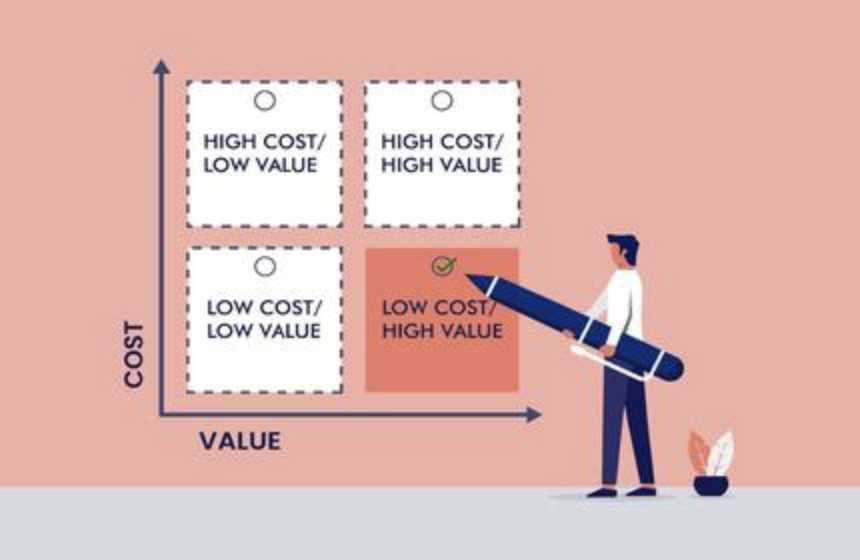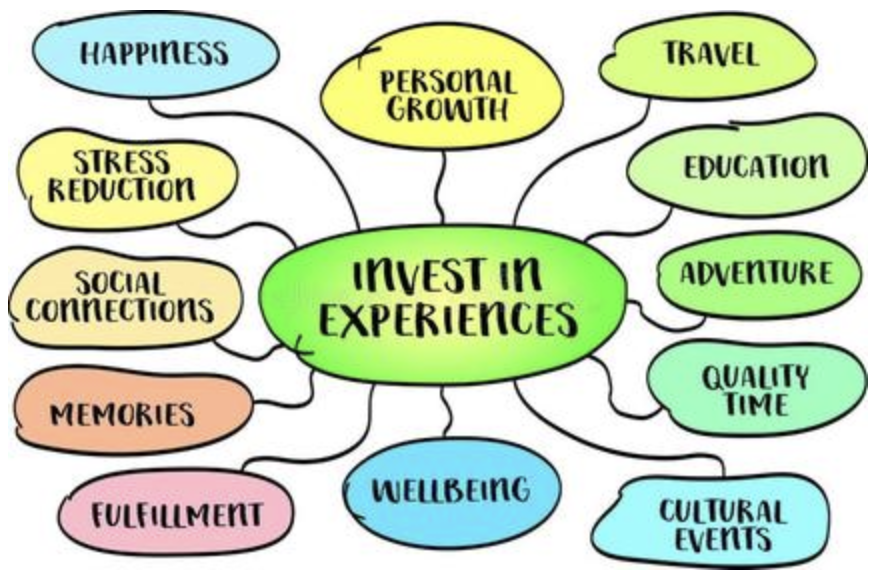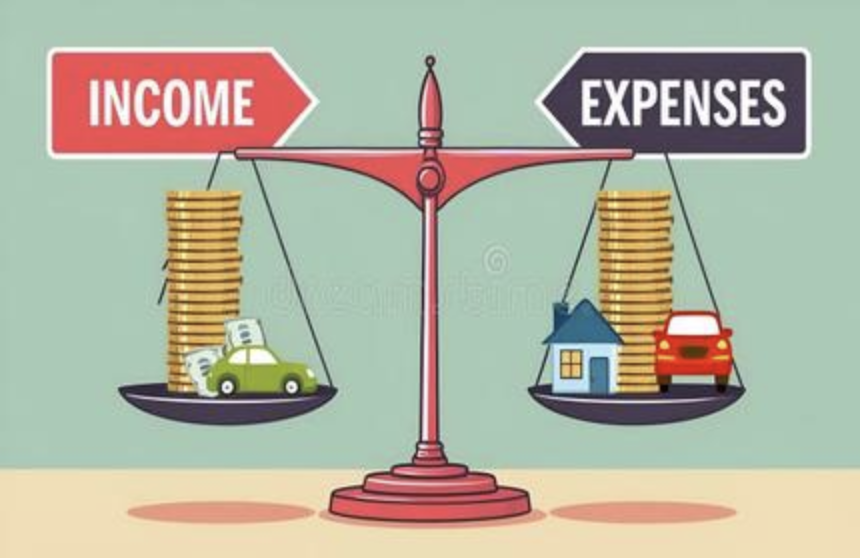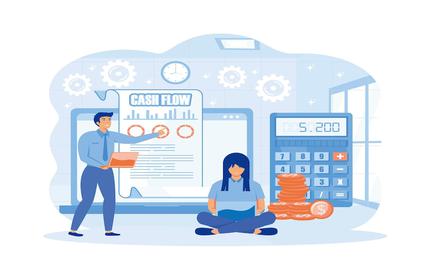Wealthy individuals typically possess the ability to spend without concern, but careless spending can diminish their assets and postpone their path to financial independence. Intelligent spending isn't merely about reducing expenses; it's about matching expenditures with personal values and future objectives to enhance fulfillment while safeguarding wealth. Here are ways to prevent trivial expenses and enhance your financial independence.
Adopt the “Value-to-Cost Ratio” Test
Before committing to a purchase, evaluate its long-term worth relative to its price. A watch priced at $10,000 might retain or increase its value, while a designer dress costing $5,000 could depreciate by 80% after just one use. For significant purchases, consider: Will this item enrich my life for years to come, or is it just a passing fad? Give precedence to acquisitions that have lasting value—whether they are practical (such as a high-quality home office setup) or appreciate over time (like rare collectibles or classic vehicles)—to prevent investing in items that are easily discarded.

Emphasize Experiences Instead of Material Possessions
Affluent individuals frequently fall into the pattern of accumulating material items. Redirect your attention toward specially chosen experiences that generate enduring memories without cluttering your space. Rather than purchasing a new luxury automobile each year, consider investing in a private travel club membership for unique trips or supporting a passion project such as a wine-tasting adventure in Bordeaux. These experiences offer greater satisfaction compared to physical possessions and don’t come with the burdens of storage, upkeep, or concerns about loss of value.

Utilize Concierge Services for Financial Savings
Take advantage of elite concierge services to curtail unnecessary expenses. Numerous luxury memberships or private banking options grant access to professionals who negotiate superior deals, obtain hard-to-book reservations without additional costs, or help you resist impulsive purchases. For instance, a concierge can assess a high-end property purchase to ensure you are not overpaying, or terminate unused subscriptions on your behalf. This not only conserves financial resources but also allows you to dedicate more time to activities that foster wealth growth.
Establish a “Cooling-Off” Period for Major Purchases
Unplanned buying can significantly impact your finances. For any spending that exceeds a predetermined limit (for instance, $20,000), establish a 30-day reflective period. Use this interval to explore other options, consult a trusted advisor, or determine if the purchase aligns with your long-term objectives. Often, you'll realize the initial enthusiasm diminishes, allowing you to redirect the money into investments or more meaningful expenditures. This straightforward guideline helps avoid regret and keeps your financial plans aligned.

Invest in Assets that Enhance Your Freedom
Designate a part of your expenses to assets that bolster your financial independence. For example, acquiring rental property in a desirable area can provide passive income, lessening your dependence on salary. Additionally, investing in automation tools can save you time in your business, enabling you to explore other opportunities. These investments are more than just costs; they represent steps toward greater autonomy, enabling you to accumulate wealth while gaining more control over your circumstances.
Examine Emotional Spending Triggers
Individuals with high incomes often turn to shopping as a response to stress, boredom, or societal pressure. Recognize your emotional triggers—whether it’s stemming from a challenging week at work or a wish to impress acquaintances—and seek alternative ways to cope. Instead of purchasing a luxurious yacht to commemorate a promotion, consider donating to a meaningful charity or spending quality time with loved ones. By tackling the underlying reasons for emotional spending, you can eliminate unnecessary expenditures and cultivate a healthier view of money.
To conclude, mindful consumption revolves around purpose and intent. By concentrating on value, experiences, and investments that enhance freedom, you can minimize wasteful spending and expedite your path to financial independence.

The Secret to Wealth: Every Penny Has a Purpose

Mom's Guide: Balancing Home and Wealth

First Step for Finance Newbies: Allocate Income Wisely

Debt Alert: Decoding Your Financial Health

Best Online Platforms for Peer-to-Peer Lending

Short-Term vs. Long-Term Financial Planning: Balancing Immediate and Future Goals

From Earning to Managing: Wealth’s Cognitive Leap
